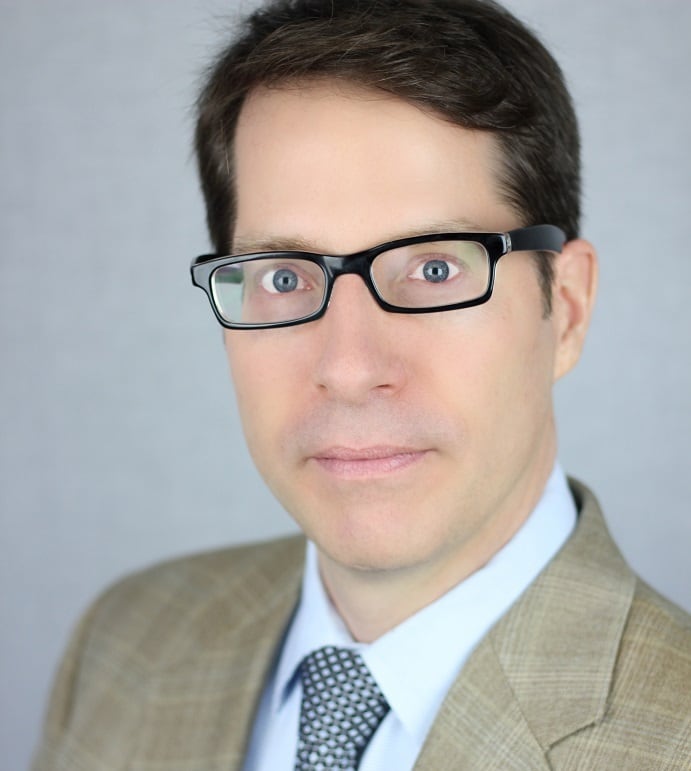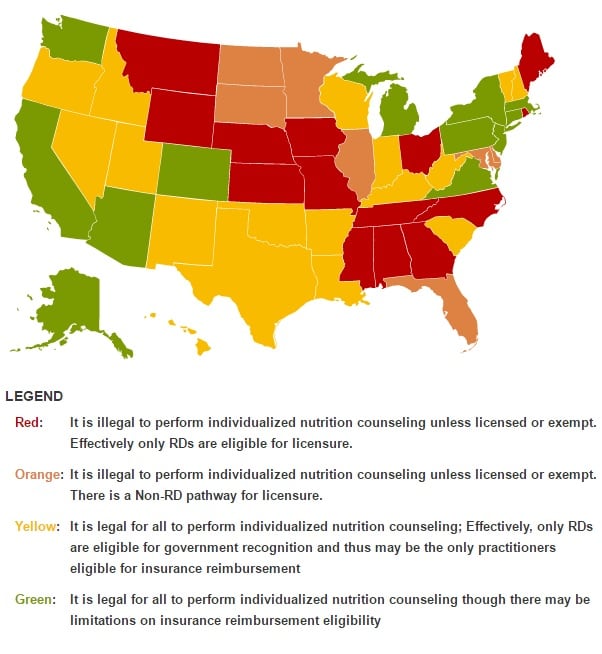“Nutrition has the potential to save and vitalize lives,” said Michael Stroka, executive director of the Board for Certification of Nutrition Specialists (BCNS). “The science is abundantly clear: Nutrition is the single greatest determinant of life-long health, but while nutrition is at the core of health it is not at the core of healthcare.
“There is no respected, recognized nutrition healthcare profession. A profession ensures there are licenses so that it is legal to practice, ensures there is insurance to cover costs, and to specify the tools of the trade. For allopathic practitioners, the tools of their trade are pharmaceuticals, medical devices and surgery. For nutrition, it is food, nutrients, and medical foods.”
Stroka explained that a consortium of nutrition organizations has been assemble that together form the infrastructure, and each makes up a vital pillar of the nutrition healthcare profession. The consortium includes the Board for Certification of Nutrition Specialists (BCNS) and their Certified Nutrition Specialists (CNS); the Center for Nutrition Advocacy (CNA), which advocates for practice and insurance rights for practitioners; and the American Nutrition Association (ANA), which educates professionals and the public.
“It was important for us to first put the infrastructure in place to support a highly respected and recognized nutrition profession,” said Stroka. “The Nutrition Leaders Council is going to help us usher in the second phase of moving nutrition to the core of health care.”
And the second phase is scaling up. “We advocate, educate, and scale the profession,” he said.
“The leaders who make up the Nutrition Leaders Council have aligned efforts with BCNS and other highly respected nutrition organizations, which will help us ensure that trained health care practitioners have the capability to provide quality nutrition and supplement recommendations to patients for improved health.”
RDs versus nutrition practitioners

Health care professionals may encounter obstacles when trying to integrate nutrition advice into their practices, he said. For example, exclusionary regulatory regimes for nutrition counseling in several states make it illegal for many qualified, highly credentialed nutrition practitioners to provide supplement and nutrition advice to their patients.
Currently, due to state licensing laws in 16 states, only registered dietitians (RDs) are allowed to give nutritional and supplement advice in those states. This means that highly credentialed nutrition practitioners are not currently allowed to give nutritional and supplement advice due to state licensing laws that make it illegal, said Stroka.
However, in the past five years, BCNS, CNA and ANA have made significant process toward a more inclusive regulatory environment by spearheading opposition to anti-competitive bills, laws, regulations, and promoting more inclusive ones, in order to allow a variety of health care practitioners to legally provide nutrition and supplement advice.
“These exclusionary laws and regulations have a huge cost to the health of Americans,” said Stroka. “Just as practitioners need high-quality sources of nutrition, the industry needs an empowered nutrition profession.”

Founding members
The Nutrition Leaders Council is comprised of nutrition business and community leaders, including founding members: Rakesh Amin, managing member, Amin Talati & Upadhye; Carilyn Anderson, president, Carlson Labs; Aaron Bartz, president, Ortho Molecular Products and Aaron Bartz Family; Jeffrey Brams, general counsel and vice president of product development, Garden of Life/Atrium Innovations; Jim Emme, CEO, NOW Foods; Tammi Geiger, director of marketing, Standard Process; Andy Greenawalt, vice chairman, Emerson Ecologics; Dr Michael Hartman, vice president of scientific affairs, AdvoCare; Konstanze Hickey, vice president, Hickey Family Foundation; Dr Datis Kharrazian, Kharrazian Family; Mandy Kraynik, vice president and general manager, Integrative Therapeutics; Patrick Sullivan, president, Jigsaw Health; Dr Sanni Raju, CEO, Natreon; Fran Towey, president and CEO, Natural Partners; Dr John Troup, executive vice president and chief science officer, Metagenics; and Ruth Westreich, founder, Westreich Foundation.
